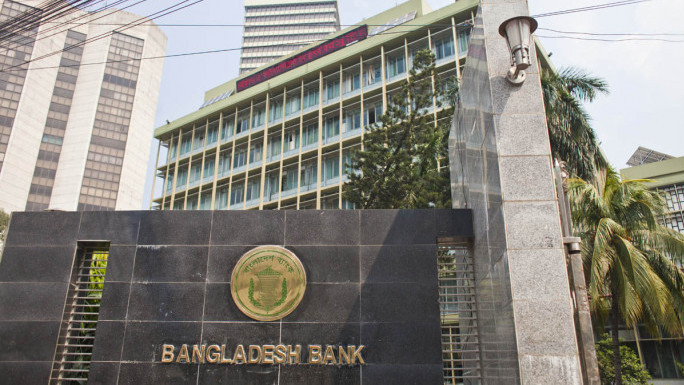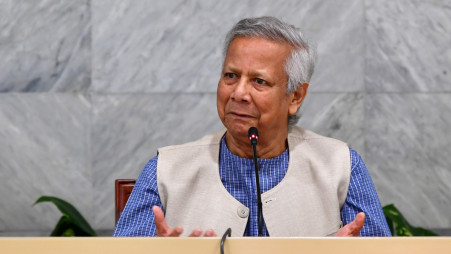The Bangladesh Bank on Wednesday extended the regulatory exemption period for borrowers of non-bank financial institutions (NBFIs) by three more months till September this year as economic activities had not become normal as yet.
Under the facility, the NBFIs will not downgrade loan classifications between January 1 and September 30 this year if borrowers fail to pay them back.
On March 24, the regulatory forbearance was issued for the first half of 2020 amid the coronavirus outbreak in the country.
In its latest circular, the central bank has extended the tenure as it found that many borrowers failed to resume their businesses due to the pandemic-induced economic shock.
Under the policy relaxation, the NBFIs were asked to grant the loan payment deferral facility to the borrowers by the same number of installments that the borrowers would fail to pay in the first nine months of 2020.
The NBFIs were barred from imposing any late fee or penalty on the borrowers against the overdue loan installments.
Considering the circumstances, the central bank extended the period with an intent to contain the effect of coronavirus.
Md Zulkar Nayn, general manager at the Department of Financial Institution and Market of the Bangladesh Bank, told The Business Standard, "The NBFIs can impose interests on the extended period of loans, but it cannot impose any penalty for nonpayment of installments."
The NBFI sector which is already under distress with huge nonperforming loans as a result of a series of scams and irregularities would not be able to bear the burden if the nonperforming loans spike abnormally all of a sudden, the official said.
Considering the situation, the central bank has extended the period of regulatory forbearance.
Under the same consideration, the Bangladesh Bank extended the same regulatory exemption for the banks in July.
Bankers and economists even think that the period of exemption should be extended further so that the businesses get adequate time to heal their wounds caused by the coronavirus-induced situation.
Ahsan H Mansur, executive director at Policy Research Institute, said if the regulatory forbearance was not extended, both financial institutions and borrowers would face problems.
Mansur, also the chairman of Brac Bank, said the governments around the world were offering the same sort of benefit to businesses to help them overcome the pandemic shocks.
The liquidity crisis in the NBFI sector has become severe after the coronavirus hit many banks withdrawing money from the entities to tackle the pandemic situation, prompting the leaders of the NBFIs to seek help from the central bank so that the banks do not give excessive cash withdrawal pressure.
To ease the liquidity crunch in the NBFI sector, in June, the central bank reduced the cash reserve ratio for the NBFIs by one percentage point, releasing around Tk350 crore of the entities.
The NBFI sector's outstanding loans stood at Tk69,310.29 crore at the end of December last year.
Besides, the central bank has recently extended the loan time extension facilities given to NBFIs to 50 percent from the previous 25 percent to address the Covid-19 situation.











